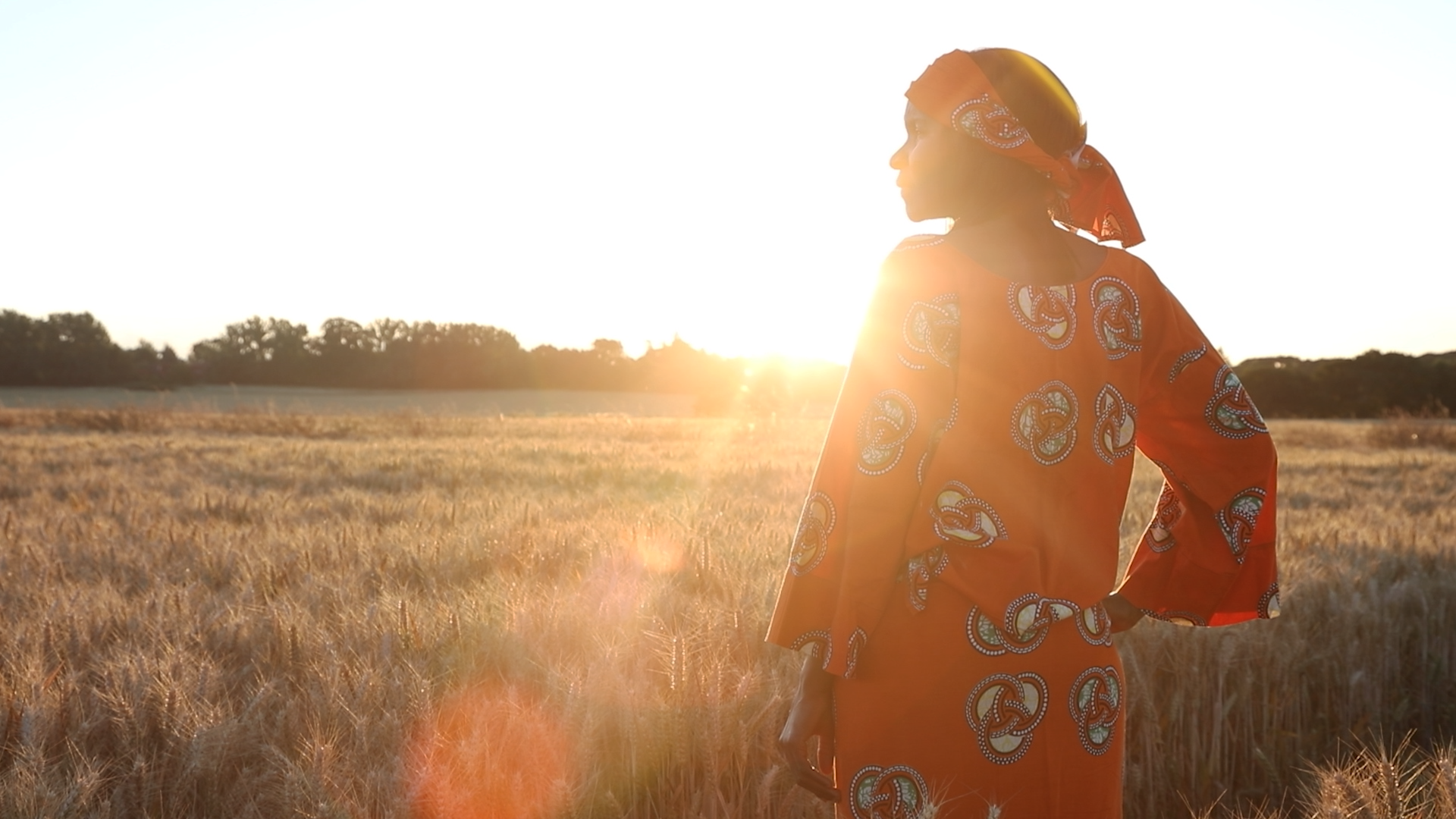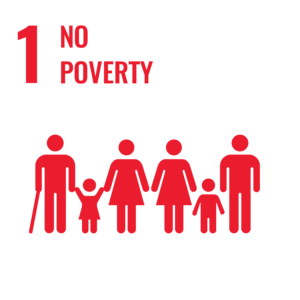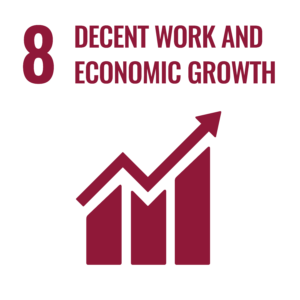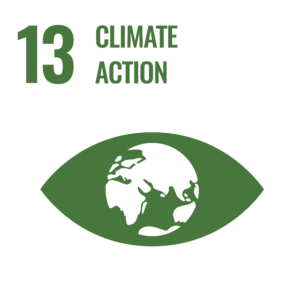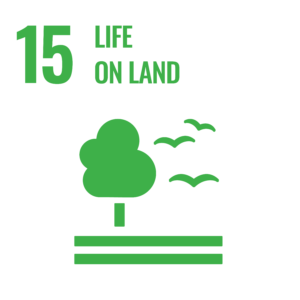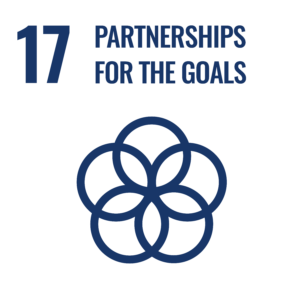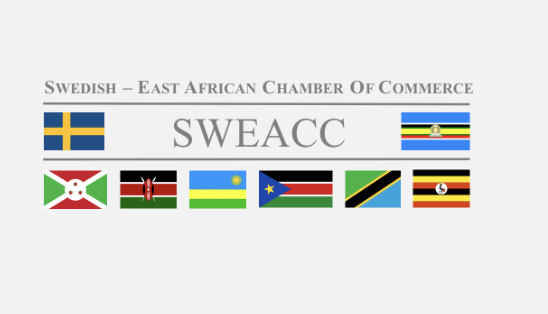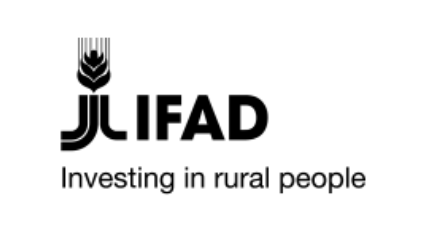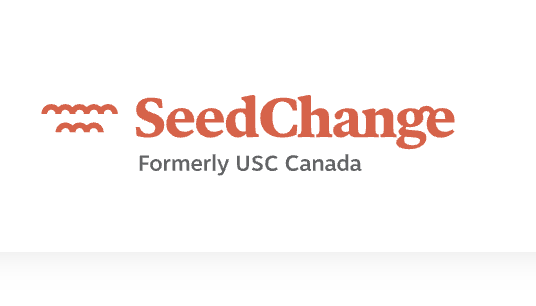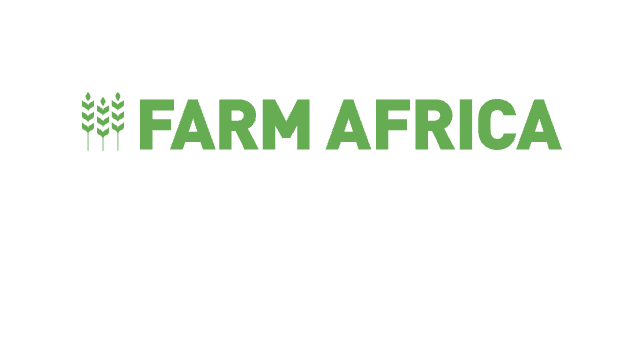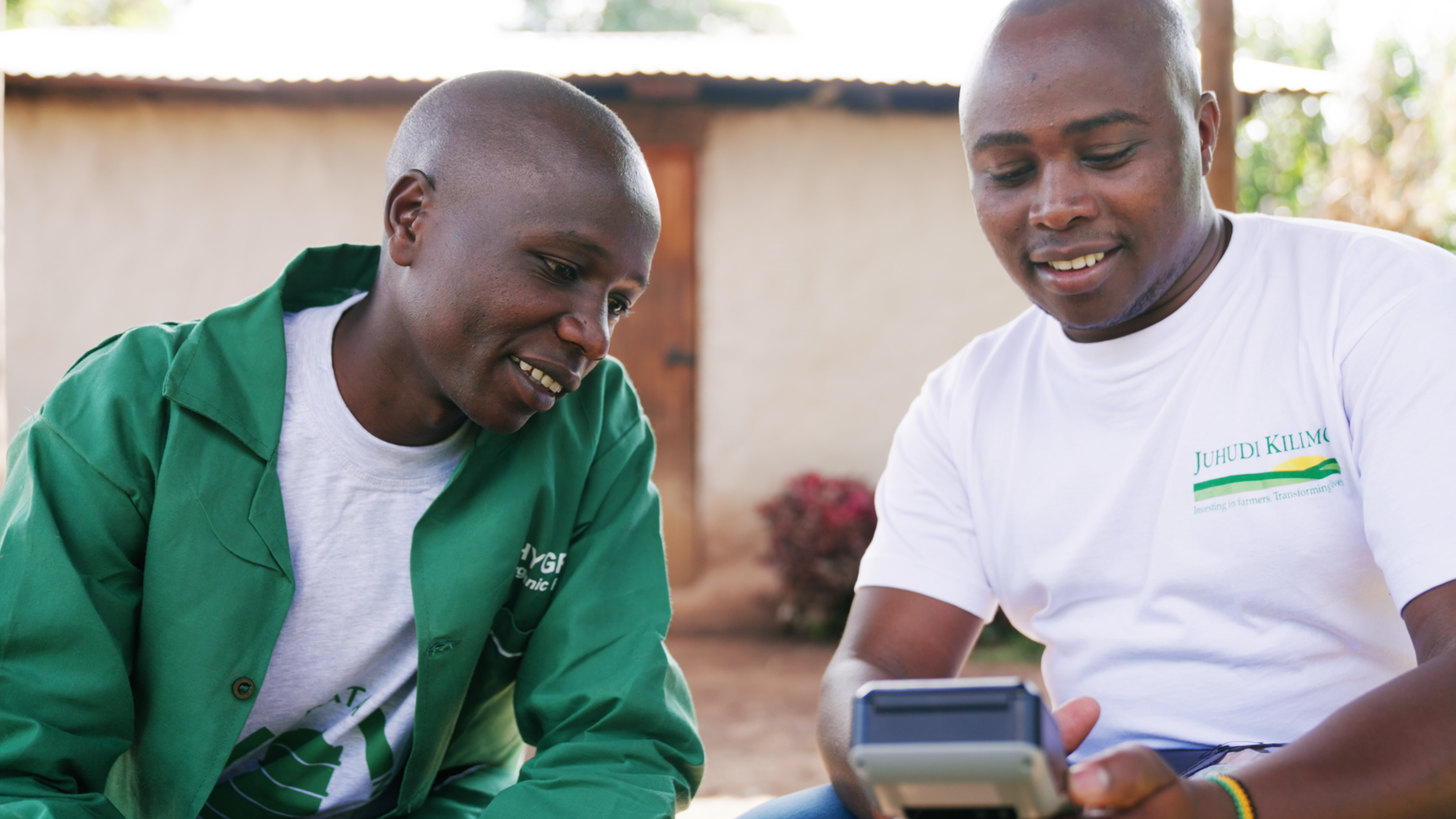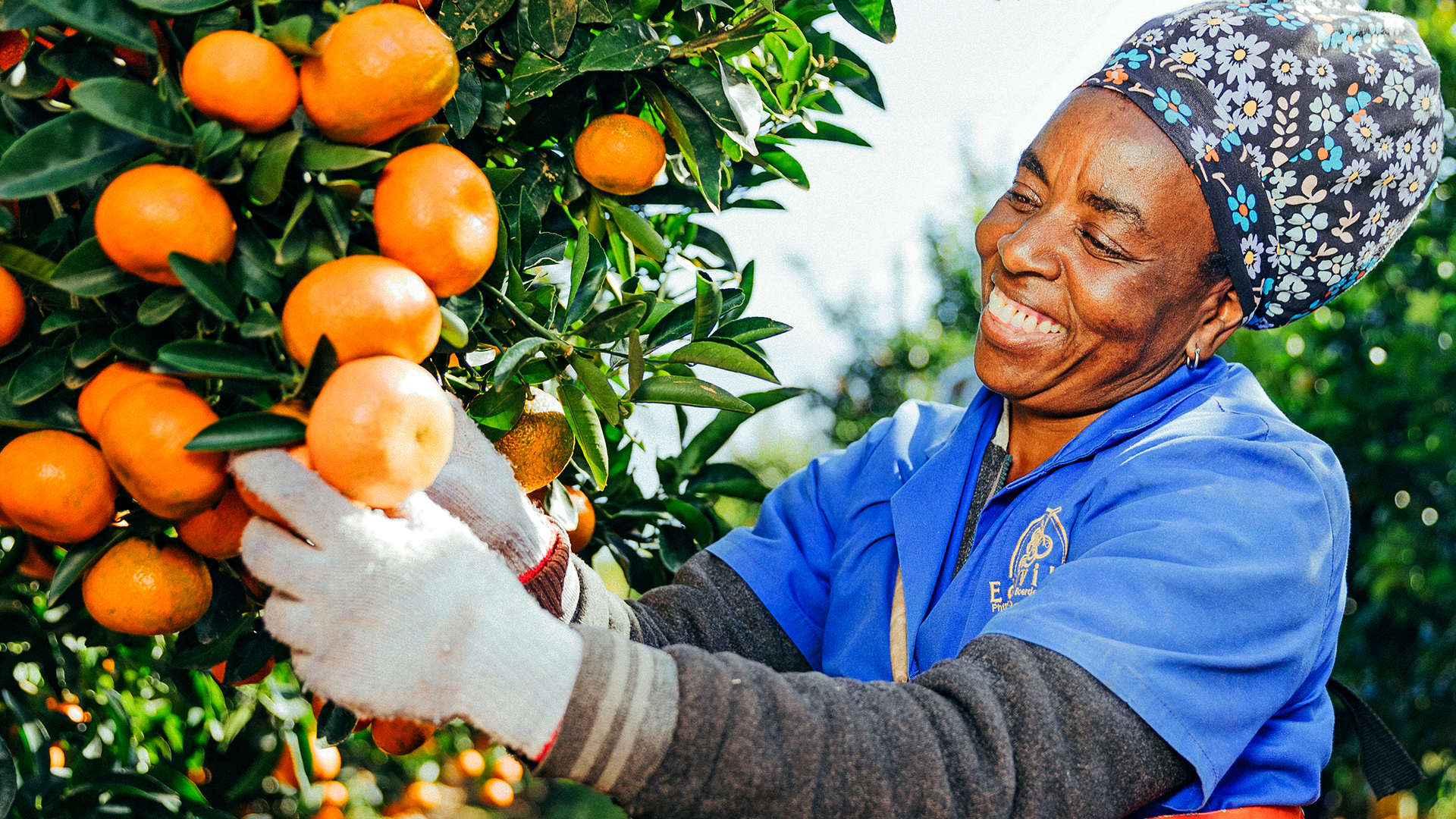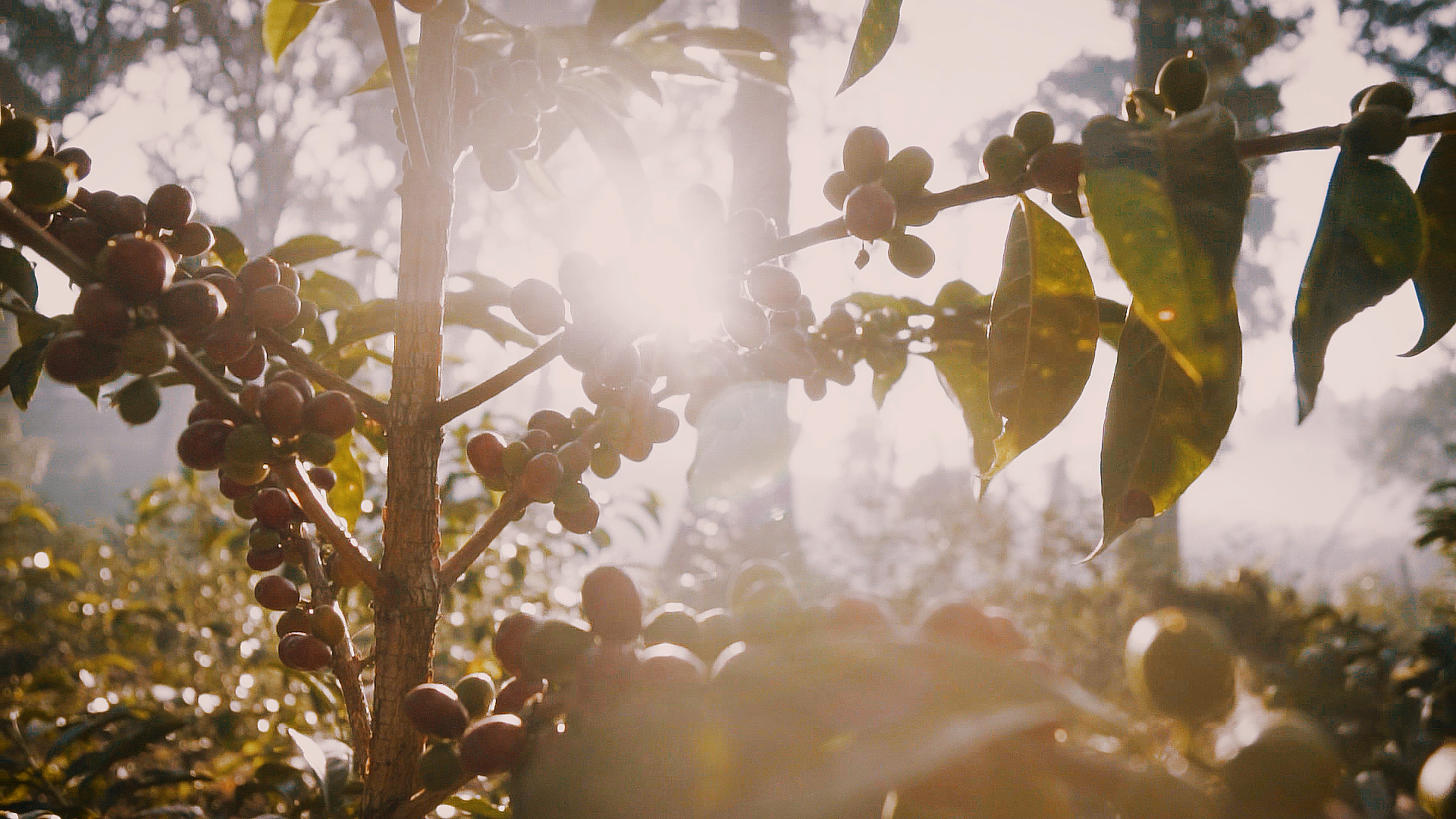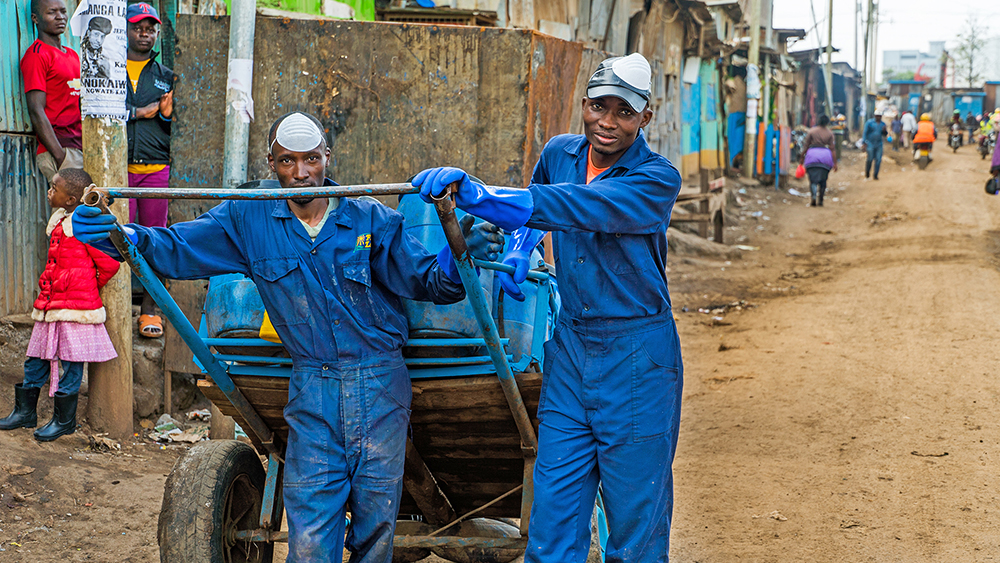Enabling smallholder farmers to scale, thrive, and drive economic transformation across the continent
Small-scale farmers grow 70% of the world’s food
By 2050, the global population will exceed 9 billion, according to the United Nations.
In order to meet the world’s growing food needs, the International Fund for Agricultural Development (IFAD) has indicated that agricultural production must double by 2050, food waste must be reduced, and food systems have to become sustainable and efficient.
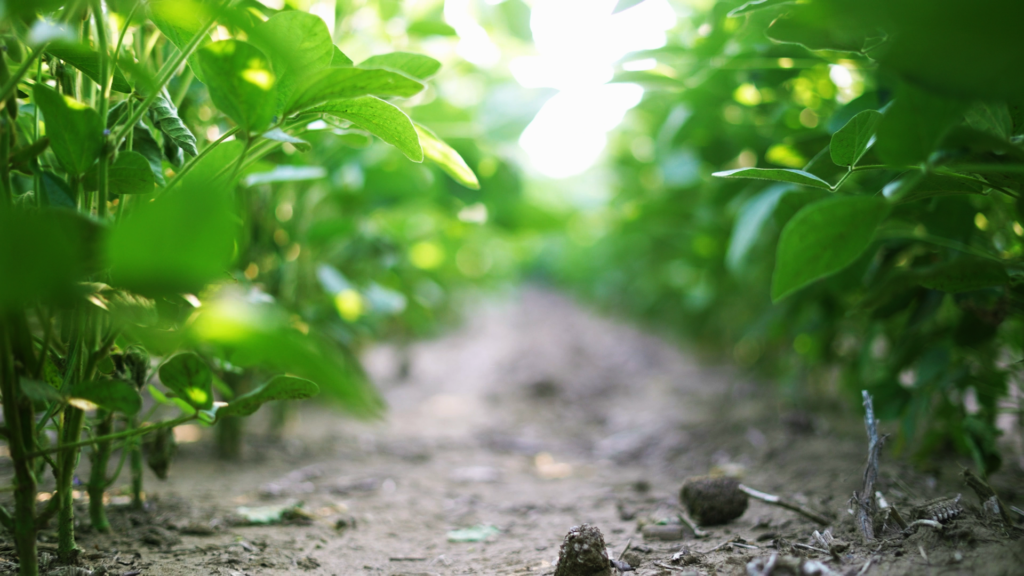
Who really feeds us? The people who really feed the world are small-scale family farmers. Around 3 billion people, making up 40 % of the global population, live in rural areas of developing countries, depending mainly on small, family farms for their livelihoods and food, the vast majority of farms being small, with 94% of farms five hectares or less, according to the UN’s Food and Agriculture Organization (FAO).
Agriculture provides livelihoods for 2.5 billion people, and is the largest source of income and jobs for poor, rural households, according to the Food and Agriculture Organization of the United Nations (FAO) and the Convention on Biological Diversity.
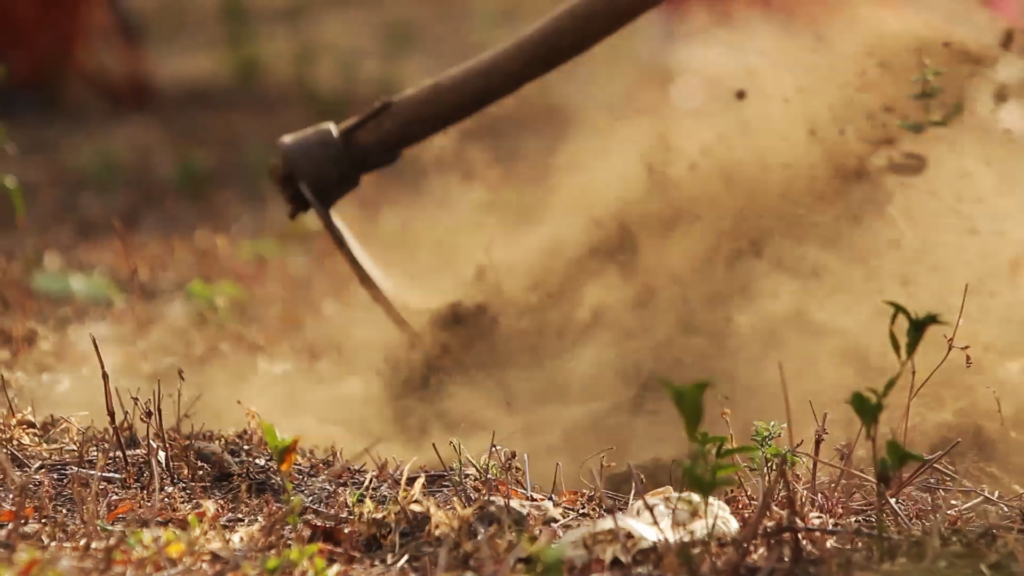
Smallholder farmers, usually family- or women-led, including livestock-keepers, pastoralists, hunters, gatherers, fishers and urban and peri-urban producers, feed their nations. In Africa, there are an estimated 33 million small-scale farmers, who grow 70 per cent of the world’s food on 25 per cent of the world’s agricultural land. Despite this, people in rural areas account for 90% of people living in poverty in sub-Saharan Africa. Large-scale, industrial food systems use 75 per cent of the world’s agricultural land while only providing 30 per cent of the world’s food.
Generations of small family farmers, seed savers and food providers also preserve food diversity, having bred 2.1 million varieties of 7,000 crop species.
According to IFAD, while Sub-Saharan Africa holds a quarter of the world’s arable land, it produces only 10 % of its agricultural output. At the same time, rural poverty drives people to the city in search of a better life, causing forced migration and putting vulnerable youth at risk, with few young people aspiring to remain in rural areas and make a living from farming.
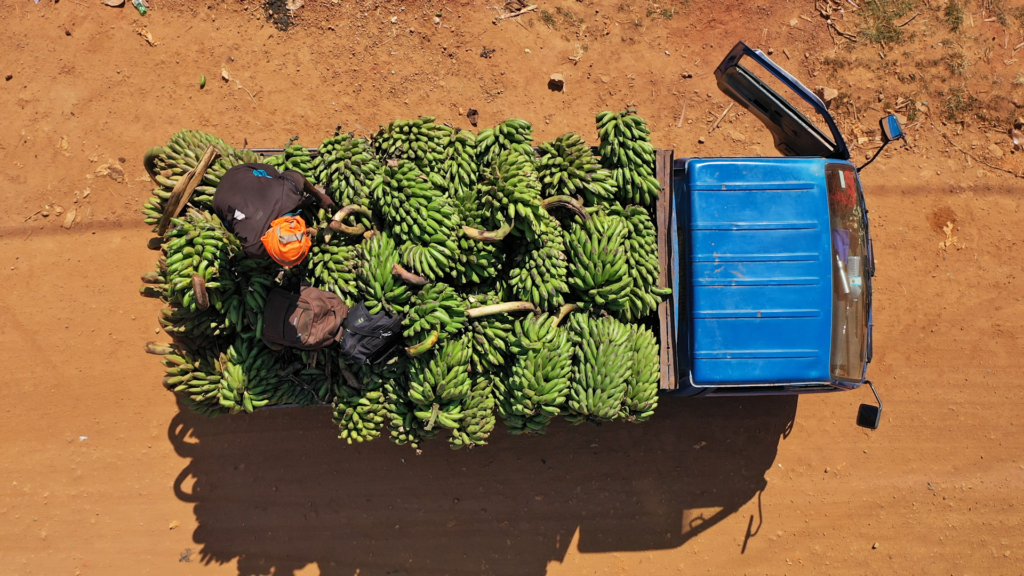
Investing in agriculture can play a crucial role in addressing some of the world’s most pressing problems. Yet Africa is a net importer of food, leaving smallholder farmers poor and increasingly food insecure. Ironically, the people producing the world’s food often themselves go hungry, and are challenged by growing food in a changing climate and the degradation of natural resources. Add to that, limited access to training, seeds, finance and markets.

IFAD states that growth from agriculture can be up to 11 times more effective at reducing extreme poverty than any other sector. With greater support and investment, smallholder farmers have an important role to play in feeding their communities and future populations. Political will, supportive agricultural policies and greater investment in smallholder agriculture, has the potential to increase food production and reduce poverty.
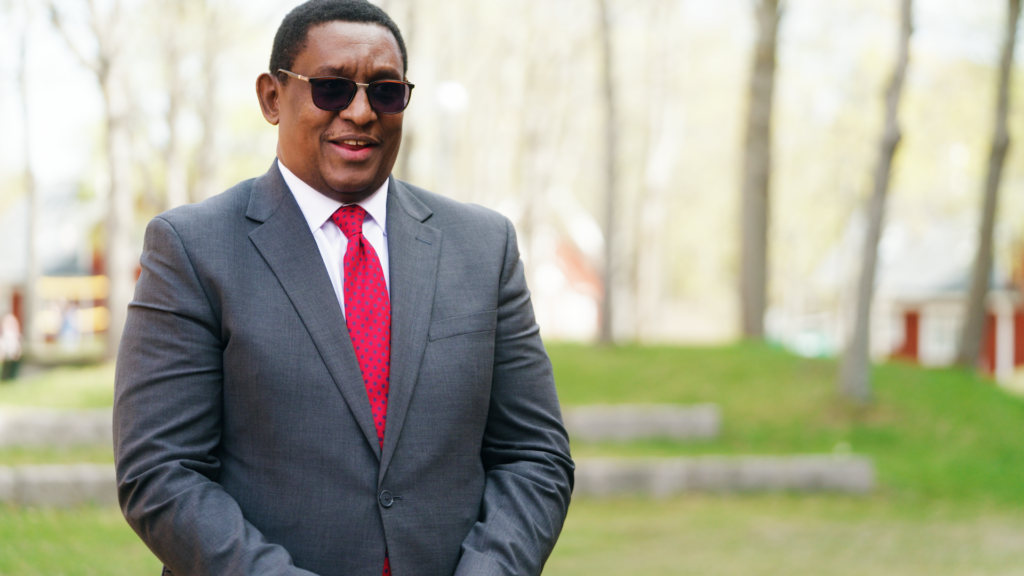
Emmanuel , Andrew Murangira – Tearfund Country Director for Rwanda and Burundi is an International Speaker on faith, peace, reconciliation and development, faith in the global market place, the gospel and contemporary economy, poverty and faith, motivational speaker, mediation and re conciliatory expert, policy analyst, behaviour analyst, African Politics and Conflict expert.
